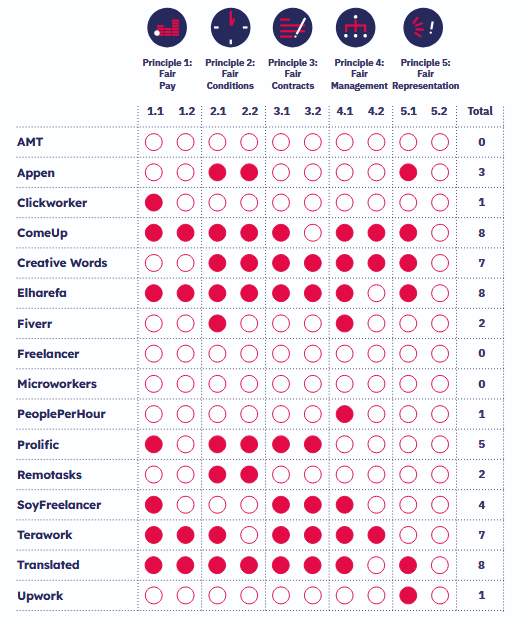A new report sheds light on the underpaid, invisible workforce doing the grunt work behind the AI tools many people use every day. While tech platforms tout automation, humans are still doing the heavy lifting—often without labor protections.
Others are reading now
The conversation around AI’s impact on employment often centers on the jobs it might replace.
But behind many of the AI tools people interact with daily—chatbots, recommendation engines, translation software—is a hidden, global labor force that remains underpaid and unprotected.
The Planetary Workforce Behind AI
These digital workers, often based in the global south, are completing tasks like data annotation, content moderation, and software testing to train and maintain AI systems.
They’re known as “cloud workers”—a term popularized by the Fairwork Project at Oxford University, which evaluates digital labor conditions.
Also read
Whether you’re chatting with a virtual assistant or watching AI-moderated content, there’s a high chance the system was trained using data labeled, moderated, or tested by a human cloud worker.
Jonas CL Valente, co-lead at Fairwork, says the competition among workers spans the globe, driving wages down.
“Because they are competing with people all around the world, it’s a race to the bottom,” he warns.
Some platforms offer no pay for certain tasks, like optimizing profiles or competing in unpaid contests where only the winning submission is compensated.
According to Fairwork, about a third of all labor on these platforms is unpaid.
Accountability Missing From Reform Efforts
While gig economy reforms in places like the UK have focused on physical workers—such as delivery drivers and couriers—cloud workers have been left out entirely. Valente notes that platform labor is absent from the UK’s Employment Bill and barely mentioned in AI regulation proposals.
And yet, demand for cloud labor is booming. The UK is now the second-largest market for these services, showing that digital gig work is far from niche.
How Platforms Are Scoring—and Falling Short
Fairwork’s annual index assesses major platforms like Amazon Mechanical Turk (AMT), Upwork, and Fiverr on basic criteria such as fair pay, dispute resolution, and health protections.
Many failed.
AMT and Freelancer scored zero out of 10. Fiverr scored two, Appen three. Only a handful even paid the local minimum wage.
“It’s not that they lack rules,” says Valente. “It’s that those rules don’t guarantee minimum standards.”

Fairwork is now offering a certification badge—similar to Fair Trade—for platforms that meet basic labor rights. The goal is to shift competitive advantage toward ethical practices.
Some firms, including Appen, have begun engaging with Fairwork to improve conditions.
Valente believes that companies adopting transparent labor practices will ultimately attract more users, more talent, and more profit, creating a rare win-win in a field too often defined by quiet exploitation, as reported by Raconteur.


